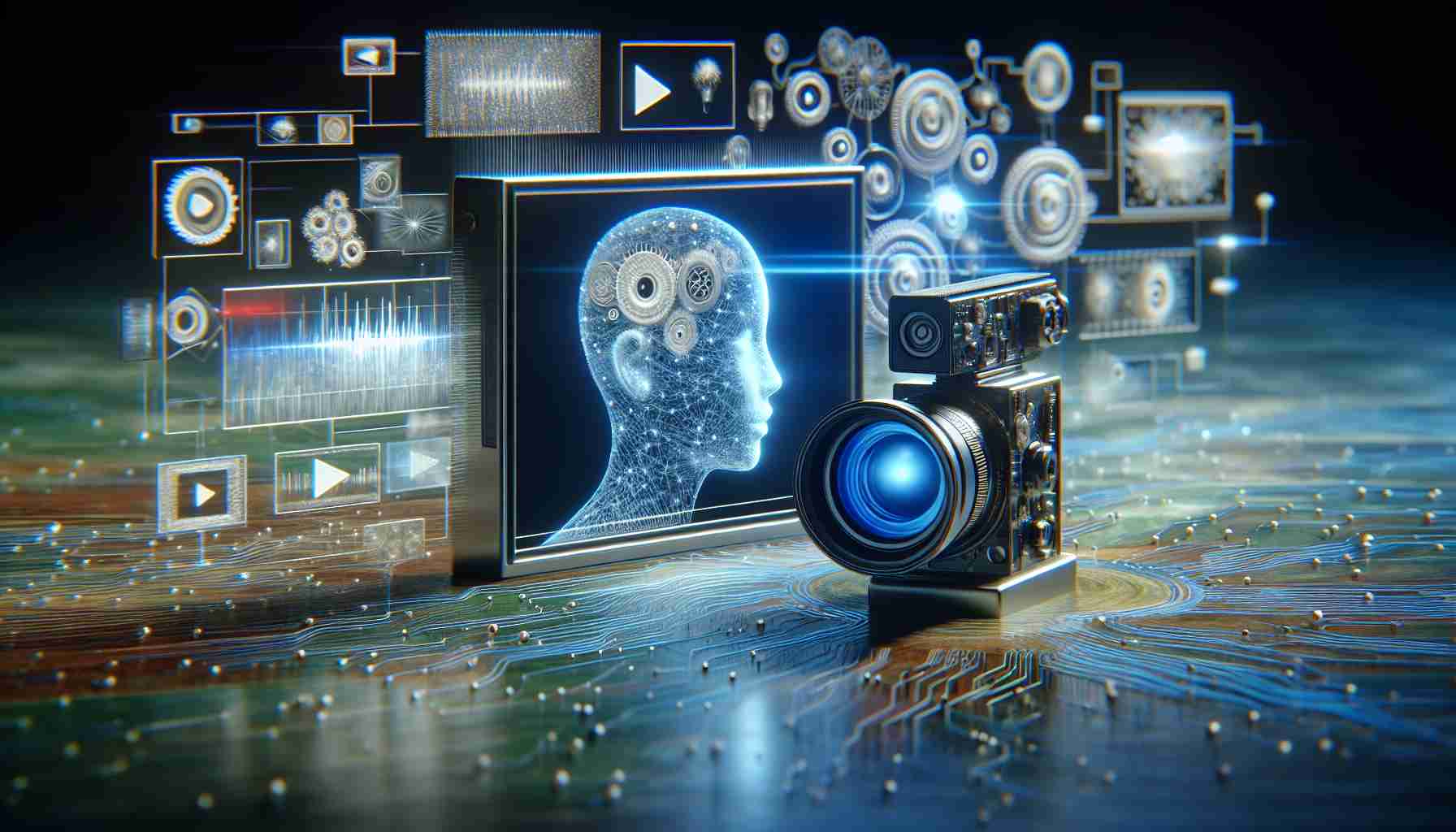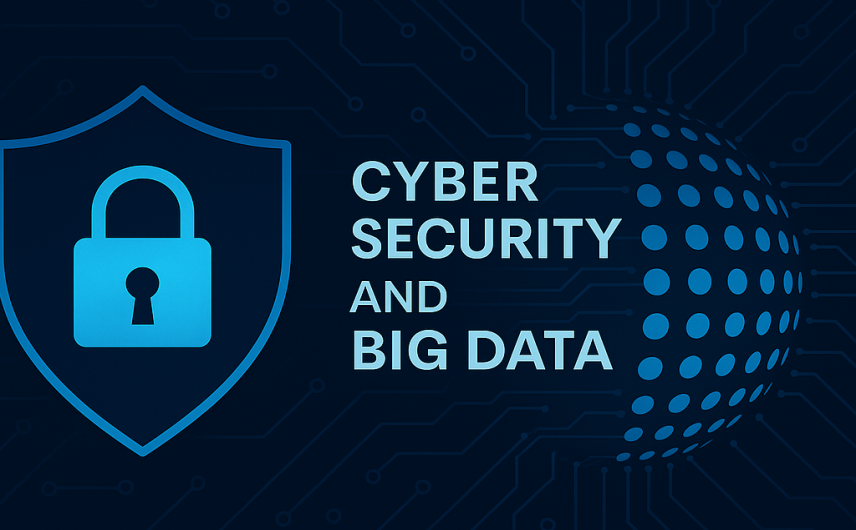- 1981
- 04 May 2025
- (2) Commentaires
In the ever-evolving landscape of Information Technology (IT), Artificial Intelligence (AI) is no longer a futuristic concept—it’s a central force driving innovation, transformation, and growth. From smart automation to predictive analytics and cybersecurity, AI is revolutionizing how IT professionals design, implement, and manage systems across industries.
🚀 AI: A Catalyst for Innovation in IT
AI empowers IT systems to not only process massive amounts of data but also to learn, adapt, and make decisions in real time. Whether through machine learning, natural language processing, or computer vision, AI technologies are enabling intelligent solutions that improve performance, efficiency, and user experience.
Key applications include:
- Automated infrastructure management (AI-driven monitoring, self-healing systems)
- Chatbots and virtual assistants that improve customer support
- Smart algorithms for cloud optimization and cost management
- Advanced cybersecurity tools that detect and respond to threats in real-time
💼 Career Impact: AI Skills Are a Competitive Edge
In today's job market, AI-related skills are highly sought after. IT professionals proficient in data science, AI development frameworks (like TensorFlow or PyTorch), and cloud-based AI services are more likely to access high-impact roles in tech companies, startups, and research institutions.
At IPSAS and similar forward-looking institutions, integrating AI into the IT curriculum is essential to ensure graduates are prepared to:
- Build and train AI models
- Work with big data pipelines
- Develop ethical and responsible AI systems
- Adapt to the changing dynamics of IT job roles
🌐 AI in Everyday IT Services
From smart search engines to AI-powered coding assistants, artificial intelligence is becoming embedded in the tools and platforms IT professionals use daily. As a result, the IT field is moving from reactive problem-solving to proactive, intelligent management—driven by data and powered by algorithms.
🔍 Challenges & Responsibility
Despite its promise, AI also brings challenges: bias in algorithms, data privacy concerns, and the need for ethical governance. IT professionals must be at the forefront of responsible AI development, ensuring transparency, fairness, and accountability.
📣 Conclusion: AI is Not the Future—It’s the Present
As we move further into the digital age, AI will continue to redefine the boundaries of what’s possible in IT. For students, educators, and professionals alike, embracing AI is no longer optional—it’s a strategic necessity.
At IPSAS, we believe in empowering our students to become leaders in this transformation. Integrating AI education into our IT programs is a step toward shaping a generation ready to build the intelligent systems of tomorrow.







Laisser Un Commentaire